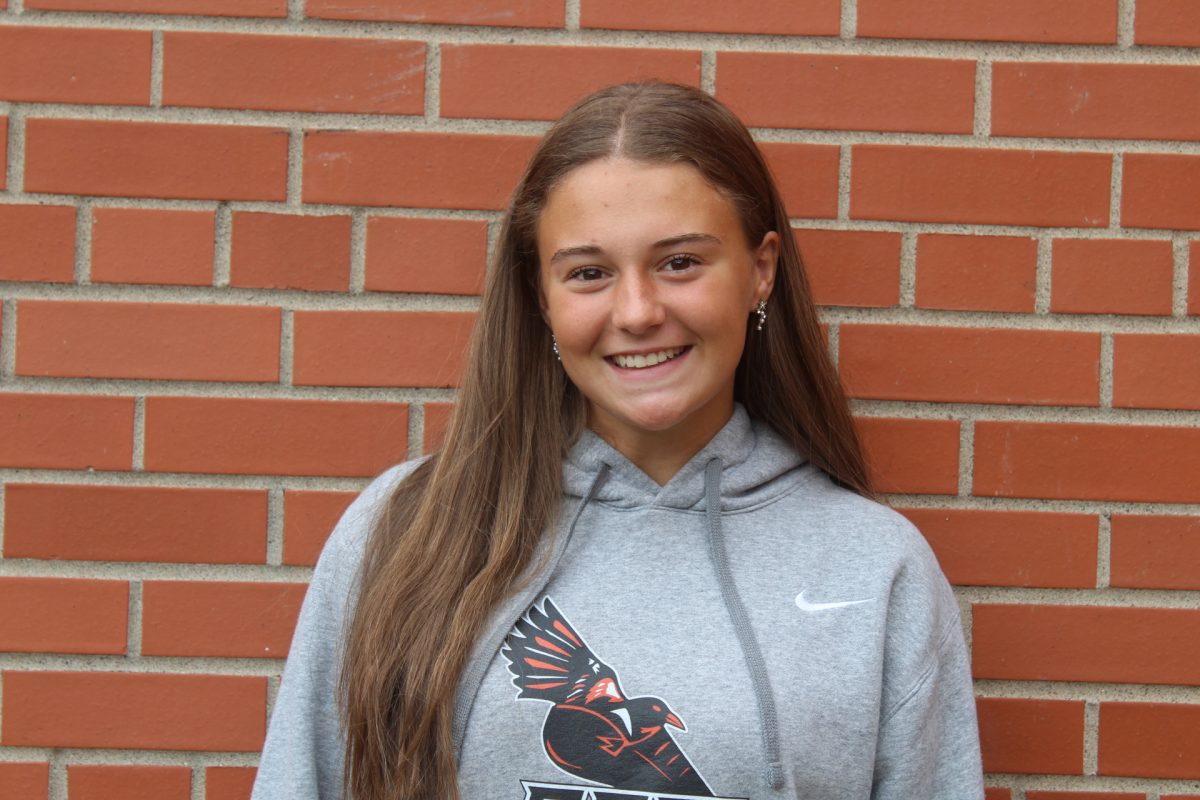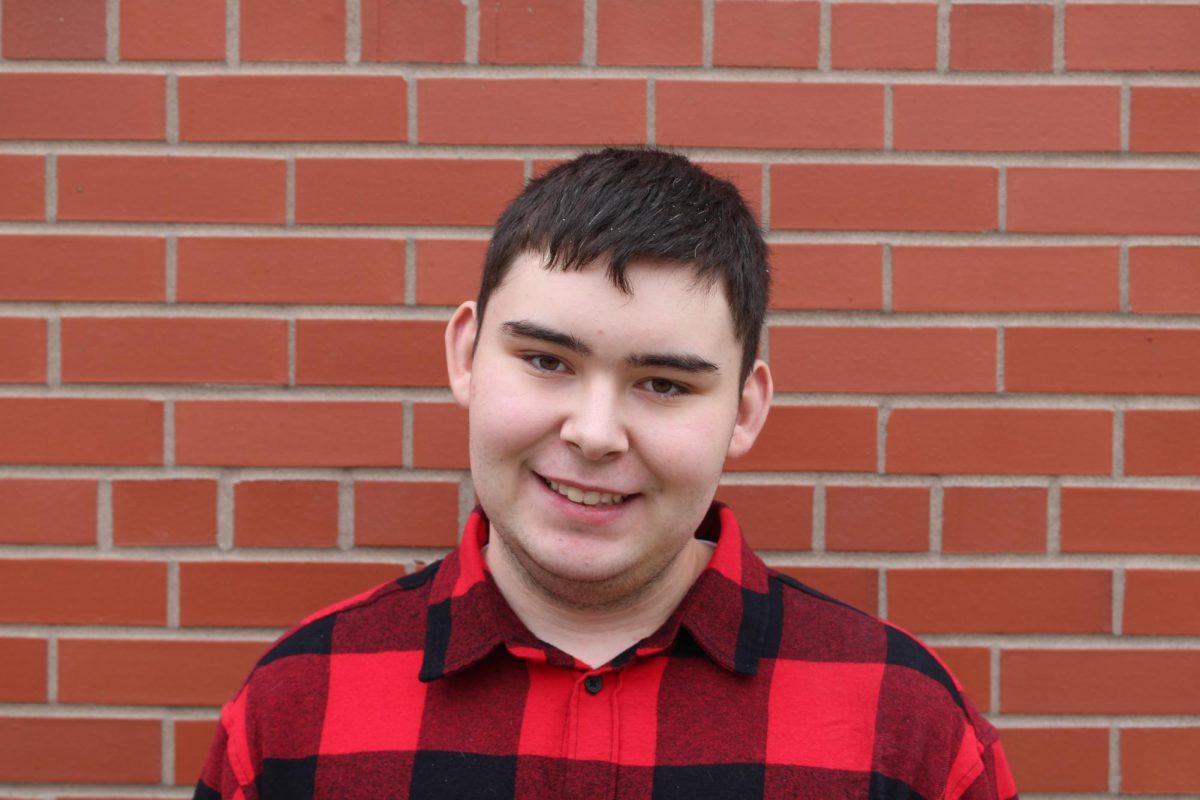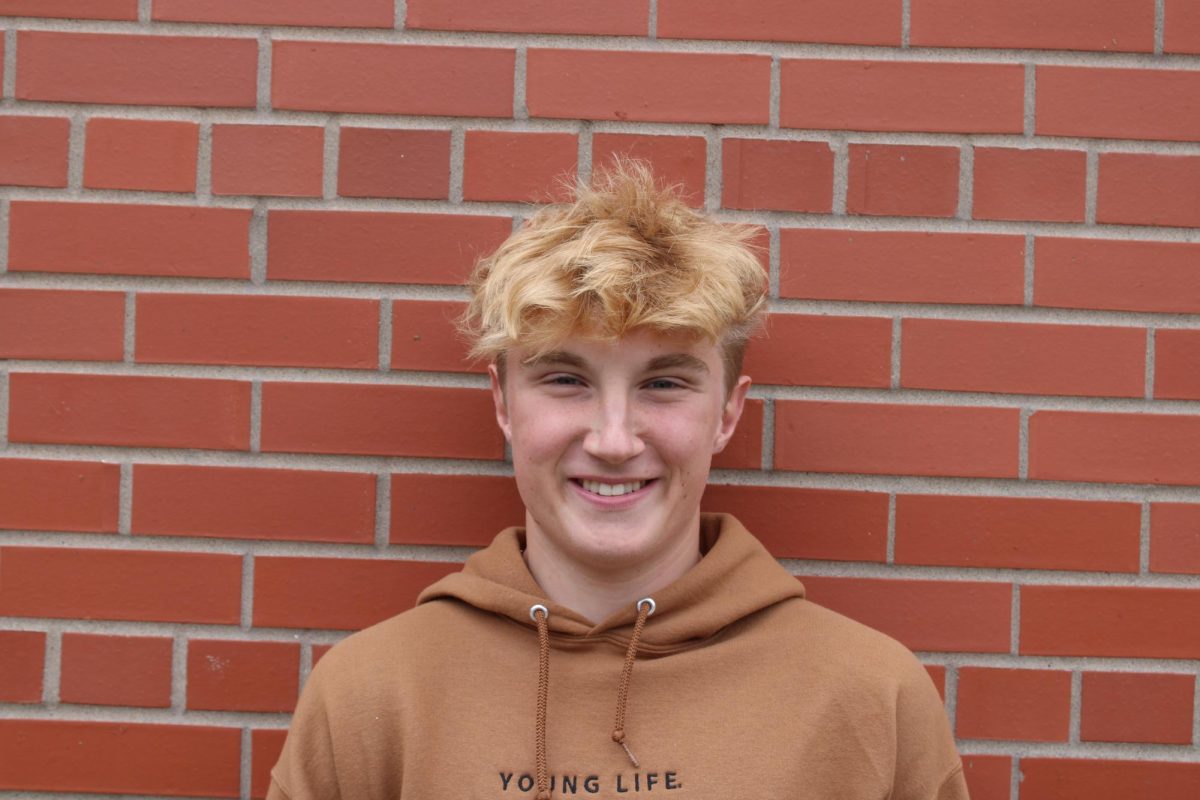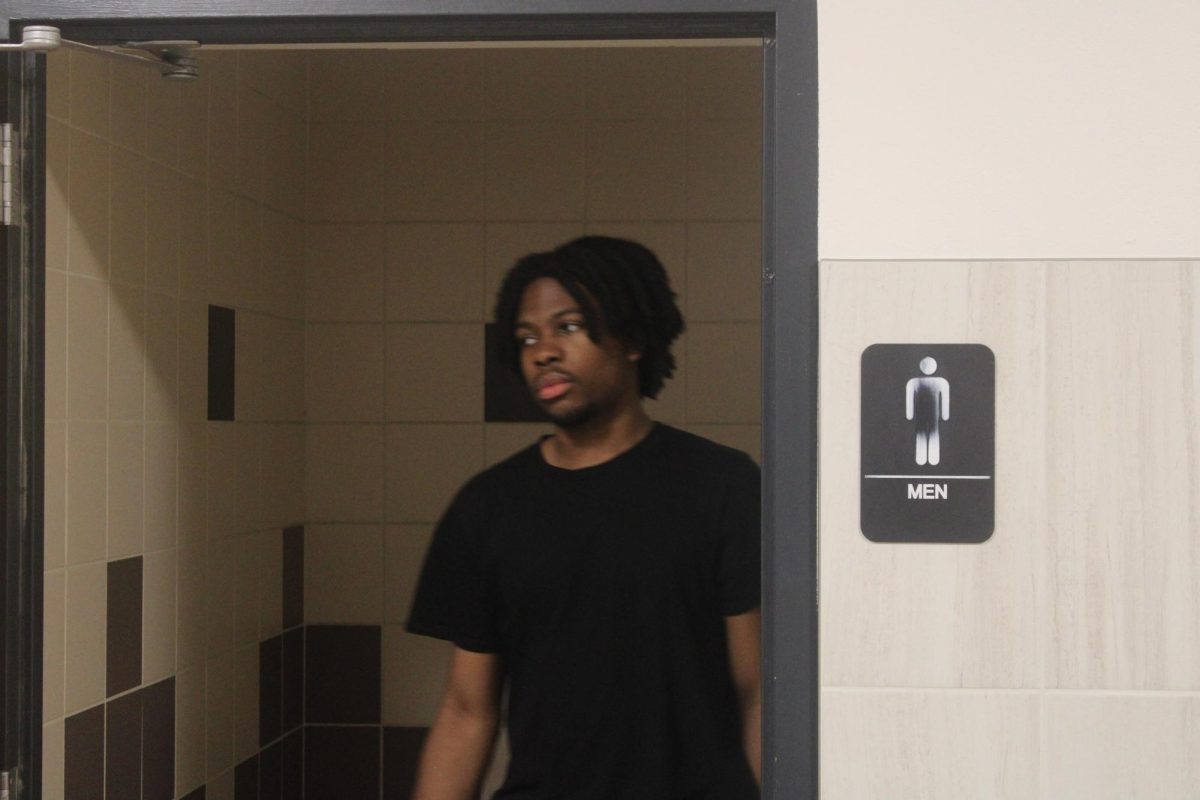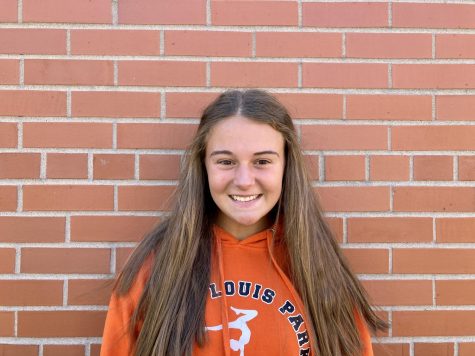Investment in the potential students have within high schools is neglected, as in consideration of what has been deemed the educational standard, academic excellence is defined; it should not be. Because students have been made to see that academic excellence is dependent on their success in the core subjects and the classes required for graduation, there is an absence of reflection on what extends beyond the grade and on the conceptual criticism of a high school education. A desire to nurture passion and interest is muted by a need to contest a statistic or to be interpreted by a college application. In this, students are made to regard their career-centered classes as lesser than and dispensable.
I remember being in middle school and devoid of the means to pursue an education that could relate to the professions I was interested in. I had no choice in the classes I was to take, and I saw that what I wanted to be and who I thought I could become were to be separated from school. In school, I received an education by taking the required classes. The future I envisioned for myself was an extracurricular. That is one of the reasons I was excited for high school. I desired to be able to see the vision I had to fruition through taking classes applicable to what I wanted to do in life.
Park has varied electives with direct correlations to professions that may be pursued beyond high school; classes that involve business, computer science, management, marketing, health sciences, human services, arts, communications, engineering, manufacturing and construction are all accessible to students. Though there are certain standards and requirements that need to be fulfilled, students are given a choice to decide that their high school education will involve career and college readiness; it is to them to decide that their education will have a distinct purpose.
I, therefore, see the value in these career-centered classes, as though I have been fortunate to be successful in school, I have, on occasion, believed the academic structure to be pointless. I have sat in classes, and I have thought to myself, “I doubt I will remember or need this beyond high school.” I have heard students say, “When will I ever use this in real life?” Why would I want to sit in a class to be educated on subjects I will not recall in the professional career I will have? I understand the need to be well-rounded, but valuing career-centered classes the same as the core subjects is not neglectful of that.
Throughout high school, I have taken journalism, law and public policy, health care core and CNA. I have always been interested in a combination of the arts, law and health care, but to transform one’s passion to professionalism requires dedication and choice. Being critical and conscious of the need to choose what one will pursue in college or as a profession is a reflection of that. High school allows me a chance to find what I want to do and what will suit me best in college. Through taking career-centered classes, I became more educated on what I enjoyed doing and the manner in which my strengths as a student and a person were applicable to varied career pathways. This is important, as many are blindsided when they leave their high school. It is auspicious to have fostered your interests before committing to one.
I debate the intentions of core subjects when confronted with the success career-centered classes bring me and have brought those who came before me. Through these electives, students are surrounded by people with similar aspirations in life, and that encourages intelligent and meaningful conversations. Often, those who teach these classes admire the passion students have and integrate their professional knowledge in the lessons they plan; they allow students to hear from people who are positioned within the career which is valuable in considering one’s potential within it and seeing where you could be.
Through the Certified Nurses Assistant Program at Park, I was able to become educated on all that patient care entails and the opportunities accessible to me within the medical field. I heard patient stories and was able to be evaluated by licensed practical nurses. Park paid for the testing required to become certified as a CNA and RA, and through the class, I was introduced to the internship that I am doing. Because I had the access to career-centered classes, I am able to be intentional in the connections I make and am eligible for establishing myself professionally.
When what is prioritized is earning a credit to earn a credit, it is frustrating because education should be intentional and personal to each student. There is a fine line between being well-rounded and having to be ignorant to passion and potential.



